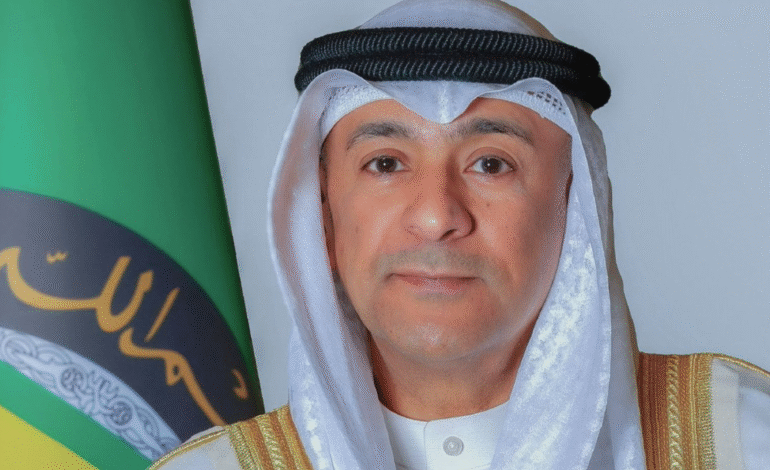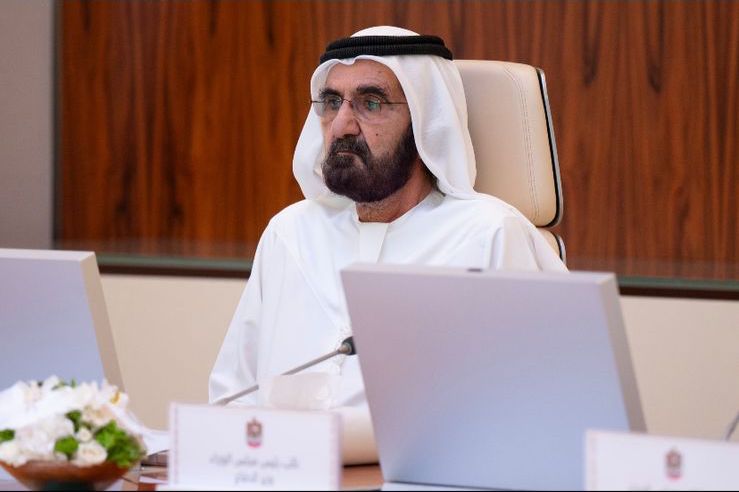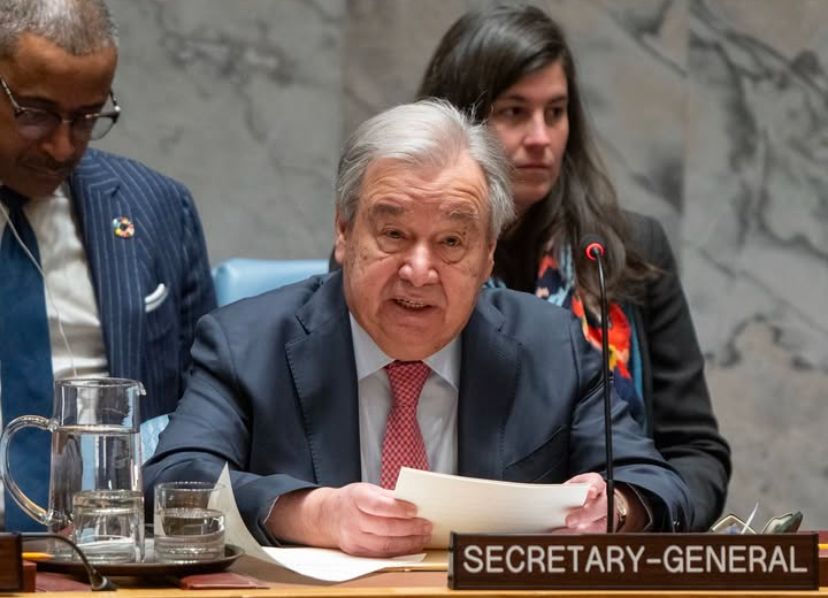GCC and Arab League Call for De-escalation After Iranian Strikes

The Gulf Cooperation Council (GCC) and the Arab League have voiced their deep concern over the recent escalation of tensions in the Middle East following direct strikes by the United States on Iranian nuclear facilities. Both regional bodies warned that these military actions risk inflaming an already fragile situation, threatening the security, stability, and prosperity of the entire region. Their statements reaffirm the critical importance of restraint, dialogue, and diplomacy in addressing disputes and safeguarding peace.
As tensions mount, the GCC and Arab League emphasized that further military escalation could have devastating consequences, not only for the countries directly involved but also for the broader Middle East and global security. Both organizations urged all stakeholders to act responsibly and work toward peaceful solutions that prevent the outbreak of wider conflict.
GCC Condemns Escalation and Calls for Immediate Ceasefire
GCC Secretary General Jasem Mohamed Albudaiwi stressed that the direct targeting of Iranian nuclear facilities marks a dangerous escalation. Albudaiwi warned that such actions could heighten tensions further, destabilize the region, and lead to unpredictable consequences. He reiterated the position expressed at the 48th Extraordinary Ministerial Meeting of the GCC Ministerial Council, which condemned any measures that threaten regional security and stability.
The GCC emphasized the urgent need for an immediate ceasefire. Albudaiwi called for joint efforts by all parties to de-escalate tensions, encouraging restraint and diplomacy as the only effective paths to resolving conflicts. The GCC underscored that continued violence would expose the region and its people to the grave dangers of war and prolonged instability.
GCC’s Enduring Commitment to Regional Security
The Gulf Cooperation Council has consistently championed the principles of peace, security, and diplomatic engagement. Albudaiwi highlighted that the GCC remains steadfast in its commitment to promoting stability through dialogue and cooperation. The Council has long advocated for peaceful solutions to conflicts, warning that military actions serve only to deepen divisions and fuel cycles of violence.
The GCC also called on international actors to support regional efforts aimed at restoring calm and advancing diplomatic dialogue. The organization urged major powers to play a constructive role in easing tensions and preventing further escalation that could threaten the future of the Middle East.
Arab League Condemns Military Action and Urges Restraint
The Arab League also issued a strong statement condemning the military strikes and expressing alarm at the unfolding situation. The League highlighted that the strikes violate the sovereignty of states and warned that such actions risk pushing the region into an endless cycle of violence and retaliation. It emphasized that these developments would have serious repercussions for both regional and global stability.
The Arab League called on all parties to exercise maximum restraint and to refrain from any actions that might inflame the crisis. The League stressed that diplomatic engagement, rather than military confrontation, remains the only path toward resolving the complex issues that fuel tensions in the region.
Risks of Prolonged Escalation
Both the GCC and the Arab League highlighted the severe risks posed by ongoing military escalation. They warned that such actions could trigger wider instability, drawing neighboring countries into conflict, fueling extremism, and worsening humanitarian conditions. The organizations pointed to the potential for immense human suffering, economic disruption, and destruction of critical infrastructure if the situation is allowed to deteriorate further.
The GCC and Arab League underscored that the consequences of prolonged conflict would be felt across the Middle East, threatening development, prosperity, and the hopes of millions of people. They urged immediate action to halt the spiral of violence and prevent deeper crises from emerging.
The Role of the International Community
The statements issued by both regional bodies included strong appeals to the international community to take urgent steps to defuse tensions. The GCC and Arab League urged the United Nations, the UN Security Council, and major world powers to promote dialogue, encourage restraint, and support diplomatic initiatives aimed at restoring stability.
They stressed that global actors share responsibility for preventing conflict and protecting the peace. Both organizations called on international partners to reject unilateral military actions, respect international law, and work together toward solutions that uphold sovereignty, security, and the principles of the UN Charter.
Respect for Sovereignty and International Law
A core theme in the statements of both the GCC and Arab League was the importance of respecting state sovereignty and upholding international law. Both bodies condemned any military action that violates these principles, warning that such actions undermine trust, weaken the rules-based international system, and create dangerous precedents.
The GCC and Arab League emphasized that sustainable peace can only be built on the foundation of mutual respect, adherence to legal frameworks, and genuine dialogue. They urged all parties to commit to peaceful dispute resolution and to avoid actions that risk destabilizing the region further.
Diplomacy as the Only Sustainable Path to Peace
Both the GCC and Arab League reiterated that diplomacy offers the only effective means of addressing the complex challenges facing the Middle East. They called for the revival of dialogue channels and the creation of new mechanisms for peaceful negotiation. The organizations emphasized that military solutions will only prolong suffering and delay the achievement of lasting stability.
The GCC and Arab League encouraged all stakeholders to reject violence, embrace diplomacy, and work collectively to create a future of security, development, and prosperity. They highlighted the need for sincere engagement, mutual respect, and a commitment to resolving differences through negotiation rather than confrontation.








1 Comment
[…] Gulf Cooperation Council (GCC) is on the brink of launching a transformative initiative—a unified tourist visa that will […]
Comments are closed.